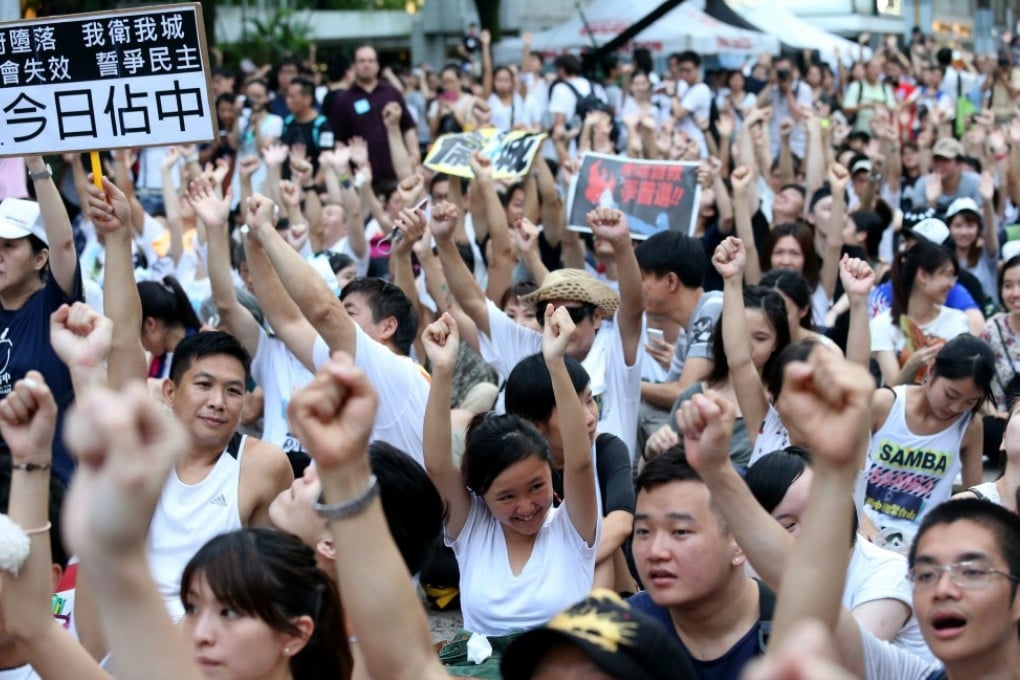Advertisement
New | Timeline: the long and winding road to universal suffrage in Hong Kong
The key signposts along the long road to the chief executive handing his report to Beijing on Tuesday
Reading Time:3 minutes
Why you can trust SCMP

2004
April
- The National People’s Congress (NPC) Standing Committee interprets the Basic Law and comes up with a “five-step process” for amending the methods for selecting the chief executive and for forming the legislature.
- The NPC Standing Committee rules out universal suffrage for the chief executive election in 2007 and the Legislative Council elections in 2008. It also decides to keep the functional constituency system, by which half of the seats in the legislature are returned.
"Beijing's last word on elections in 2007 and 2008", April 27, 2004
Advertisement
2005
October
- The government issues reform proposals for the 2007 chief executive election and the formation of the legislature in 2008. It suggests the membership of the Election Committee be doubled to 1,600 and the number of seats in the legislature be increased by 10 to 70.
"Main points of the proposal", October 20, 2005
Advertisement
Advertisement
Select Voice
Choose your listening speed
Get through articles 2x faster
1.25x
250 WPM
Slow
Average
Fast
1.25x